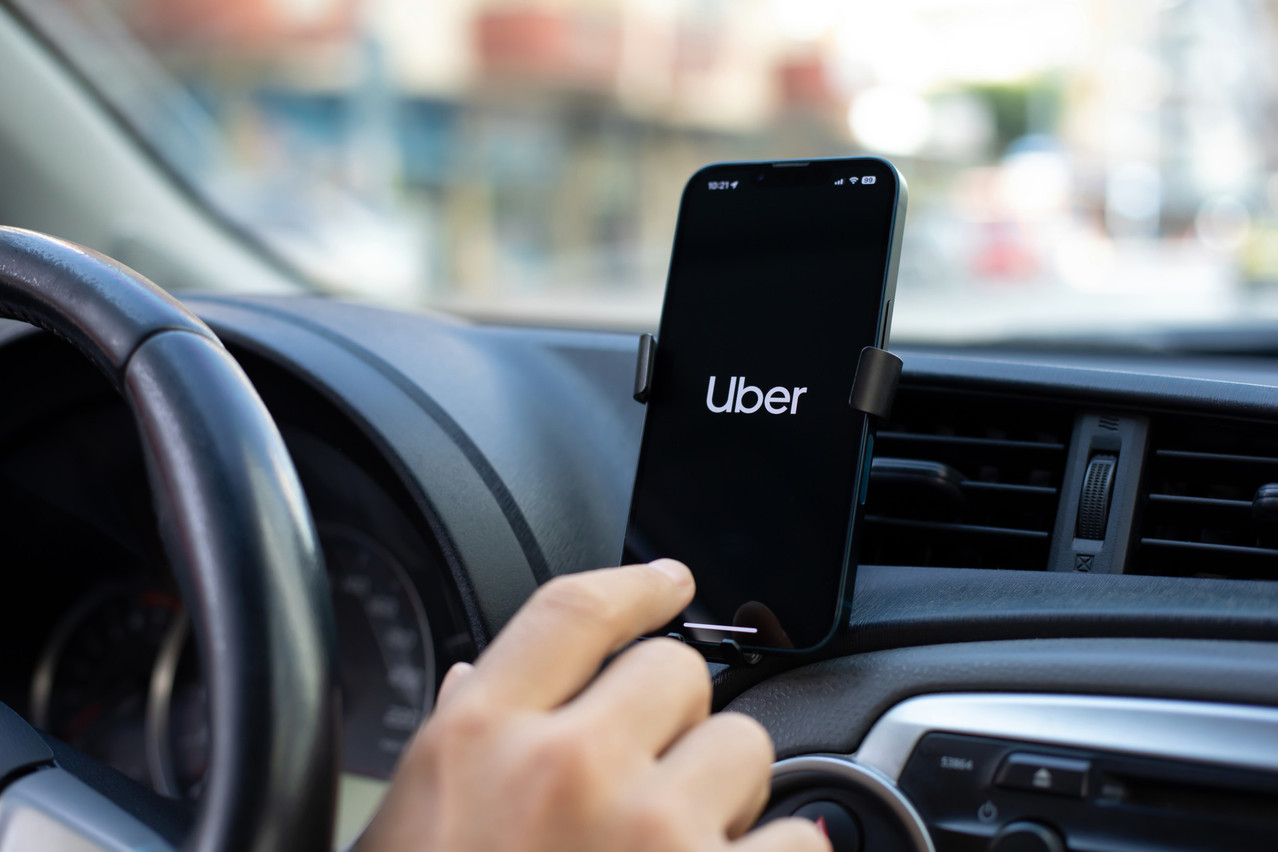Investors have not been kind to Uber. The share price of the American ride-hailing giant fell by up to 7% on Wednesday 5 February, in immediate reaction to the publication of its annual results. But the company’s figures are not disappointing: turnover reached $43.9bn in 2024, an increase of 19% (constant currency) compared to the previous year ($37.3bn).
So why did its stock price take such a hit? Income from operations for the fourth quarter was $770m. An increase of 18% year-on-year, but well below analysts’ forecasts of $1.2bn. “Uber ended 2024 with our strongest quarter ever,” said its CEO, Dara Khosrowshahi.
Mobility gross bookings, the group’s historical driving force, generated $22.8bn over the last three months of the year. Delivery gross bookings (Uber Eats) enjoyed a similar dynamic, with $20.1bn. In terms of volume, the app recorded 3.1bn journeys over this period, an average of 33m a day. Over the year, 11.273bn journeys were made.
Betting on autonomous vehicles
At a time when the automotive industry is speeding up its shift towards autonomy, the company’s ambition is to become a major player in the autonomous vehicle market. “Our performance has been powered by rapid innovation and execution across multiple priorities, including the massive opportunity presented by autonomous vehicles,” explained Khosrowshahi. “We enter 2025 with clear momentum and will continue to be relentless against our long-term strategy.”
With this in mind, Uber has stepped up its investment in infrastructure and the training of assistance teams. The company has also formed several strategic partnerships, notably with Alphabet’s autonomous driving subsidiary Waymo. In Austin and Atlanta, for example, the two companies will start welcoming passengers in robot taxis at the beginning of 2025 via the Uber app.
through a partnership with Webtaxi, a subsidiary of Voyages Emile Weber. A month later, the company also launched its meal delivery service.
This article was originally published in .
